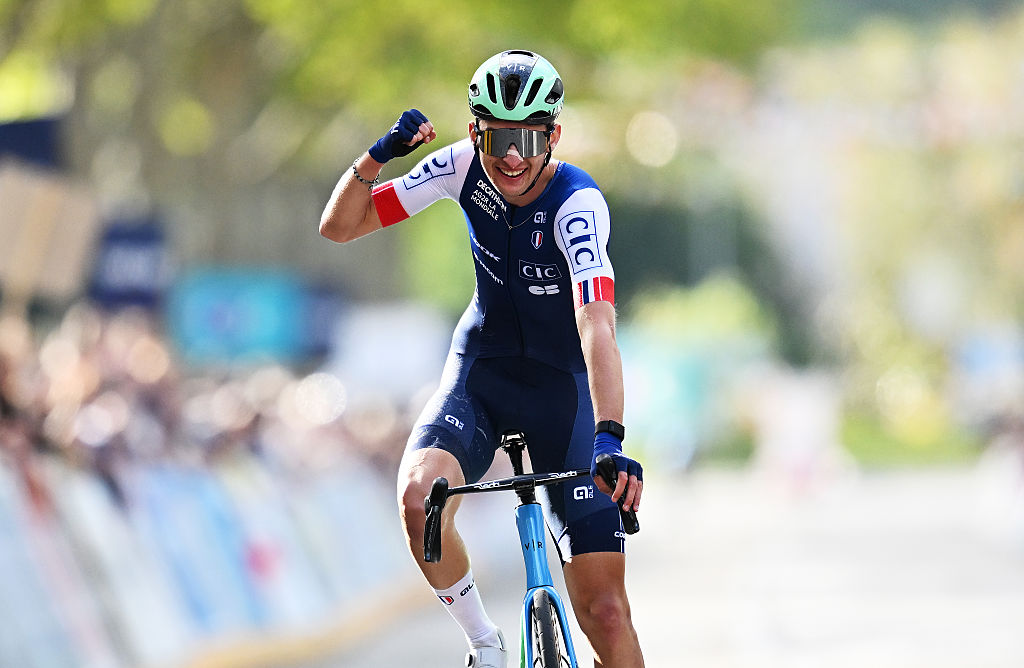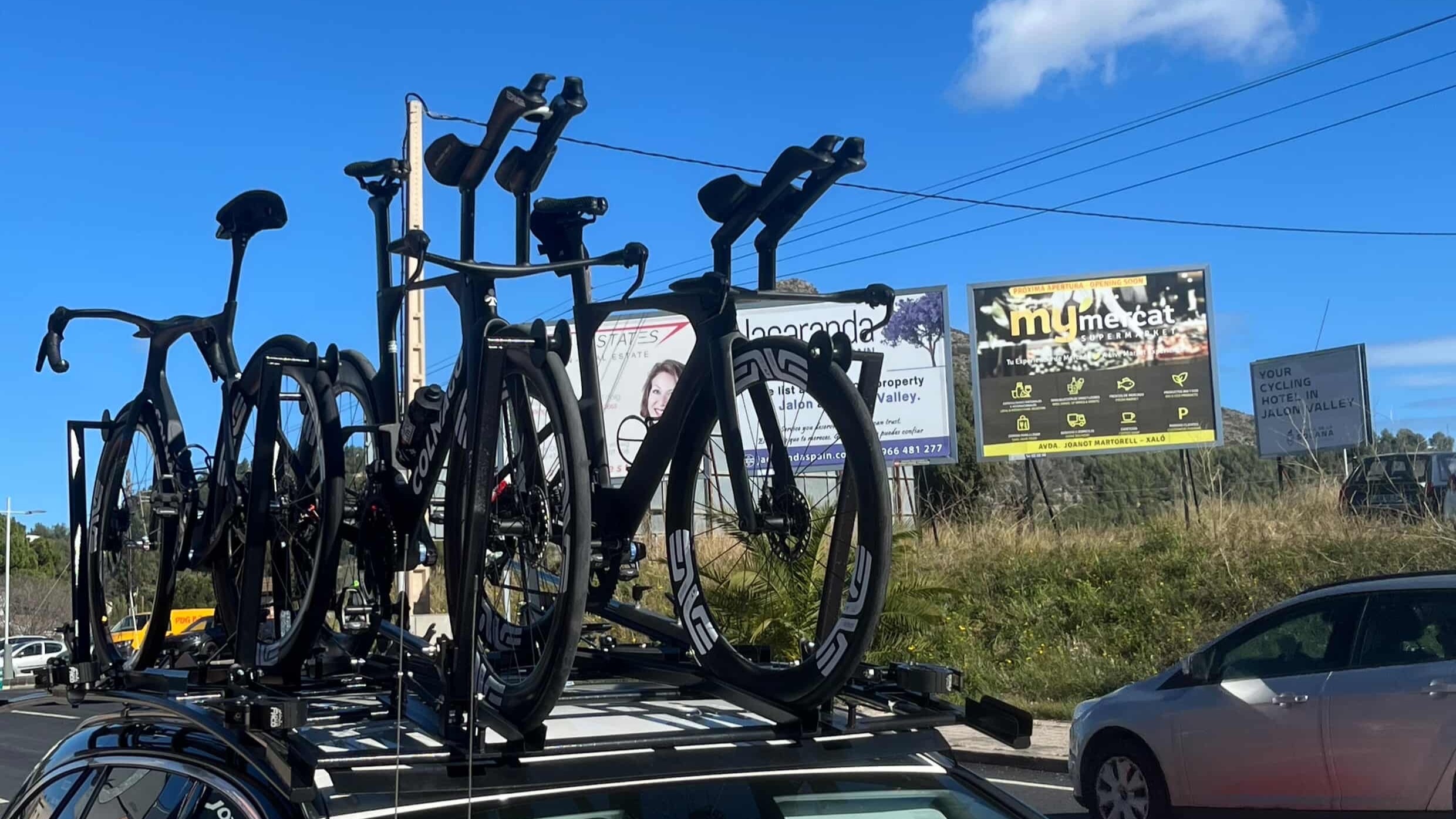'He won the best-of-the-rest race' – French National Coach Thomas Voeckler heaps praise on breakthrough ride to bronze at European Championships by 19-year-old Paul Seixas
Latest top performance confirms teenage racer as France's fast-rising new star

The latest race content, interviews, features, reviews and expert buying guides, direct to your inbox!
You are now subscribed
Your newsletter sign-up was successful
If there were no surprises as to the top two performers in the elite men's Road European Championships road race on Sunday, French cycling was logically buzzing with 19-year-old Paul Seixas' sensational ride on home soil to a bronze medal alongside winner Tadej Pogačar and runner-up Remco Evenepoel.
Despite his young age and mid-season sickness, the Decathlon AG2R La Mondiale racer has already taken a knock-out triumph in the Tour de l'Avenir in 2025, as well as an eighth place overall in the Critérium du Dauphiné, his first top ten on GC in a WorldTour stage race.
But taking the third spot in an event rated by many as even harder than the Kigali Road World Championships course – where Seixas was 13th, his country's top finisher – has seen him set the bar even higher.
Not even Juan Ayuso, viewed as Spain's best new option for taking on Evenepoel and co. was able to stay with Seixas in the ultra-difficult finale in France's Drôme-Ardèche. His ride to bronze has duly received major coverage in the French specialist media, with L'Équipe making the Europeans' podium its front page photo on Monday, and its main headline 'Paul Seixas - Déja Grand' [Already Big] making it very clear why they were so impressed with Sunday's race result.
"I'm not surprised, I'm still amazed, because we didn't know his limits," French National Coach and former racer Thomas Voeckler told Ouest-France.
"More than the physical side, he has shown his character. On Sunday, he carried the whole team with him.
"You have to realise he won the 'best-of-the-rest' race, there were the two top guys and then the rest. The field was really deep, so it's much more than a top-three finish. It's magnificent."
The latest race content, interviews, features, reviews and expert buying guides, direct to your inbox!
Voeckler explained that the initial strategy had been to work for Romain Grégoire, winner of the Faun-Ardèche Classic in the same region this spring, and at 22, another top up-and-coming name for the French. But instead, it was a rider three years Grégoire's junior who gave the host nation their best result.
Voeckler explained that while initially he had told Seixas not to work with the chasers behind Pogačar – something criticised later by Ayuso – he finally opted to give the 19-year-old the green light once it had become clear that Grégoire would not be able to bridge across to the Seixas group.
"We were there to fight for the victory," Voeckler explained to Ouest-France.
When Pogacar breaks away, you don't see him again. So at that point, I made my choices and I accepted them. We couldn't work with Remco, because there were four riders further back, including Romain Grégoire. I wanted to keep his options open because the fight for the win was still not over.
"Afterwards, when it was clear that Pogačar wasn't coming back, I told him to go for bronze."
Voeckler freely admitted he would probably not have expected that Seixas would have been able to achieve so much so soon and take on the roles he had. He was also equally impressed that "his head hasn't even got half a millimetre bigger between this year and last."
"He's had an amazing rise through the ranks. There's nothing out there to say that all those ahead of him and with so many minutes advance will continue to be so superior in the future."
Interest will be very high in how Seixas now performs in his final race of the season, Il Lombardia. But his achievements so far have already shown what France can hope he will do in the future.
"Before, riders would have their best years between 27 and 32, but it was Evenepoel who showed that by 19 you can already be really strong," added Voeckler.
"So I changed my way of thinking, like many people did. There were [top riders at this age] in other countries, but not in France. We still didn't have that. But now, we do."
Alasdair Fotheringham has been reporting on cycling since 1991. He has covered every Tour de France since 1992 bar one, as well as numerous other bike races of all shapes and sizes, ranging from the Olympic Games in 2008 to the now sadly defunct Subida a Urkiola hill climb in Spain. As well as working for Cyclingnews, he has also written for The Independent, The Guardian, ProCycling, The Express and Reuters.
You must confirm your public display name before commenting
Please logout and then login again, you will then be prompted to enter your display name.

